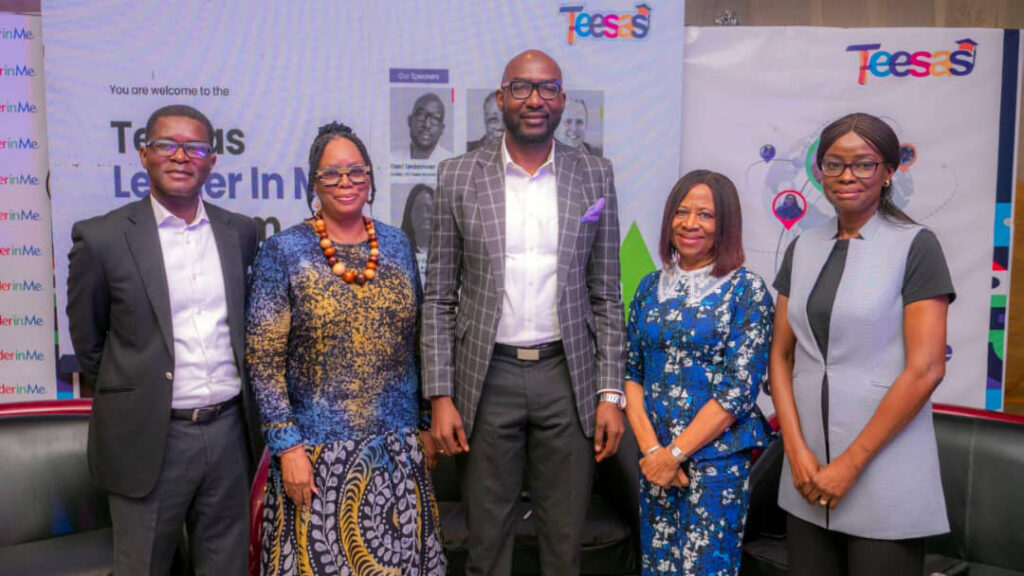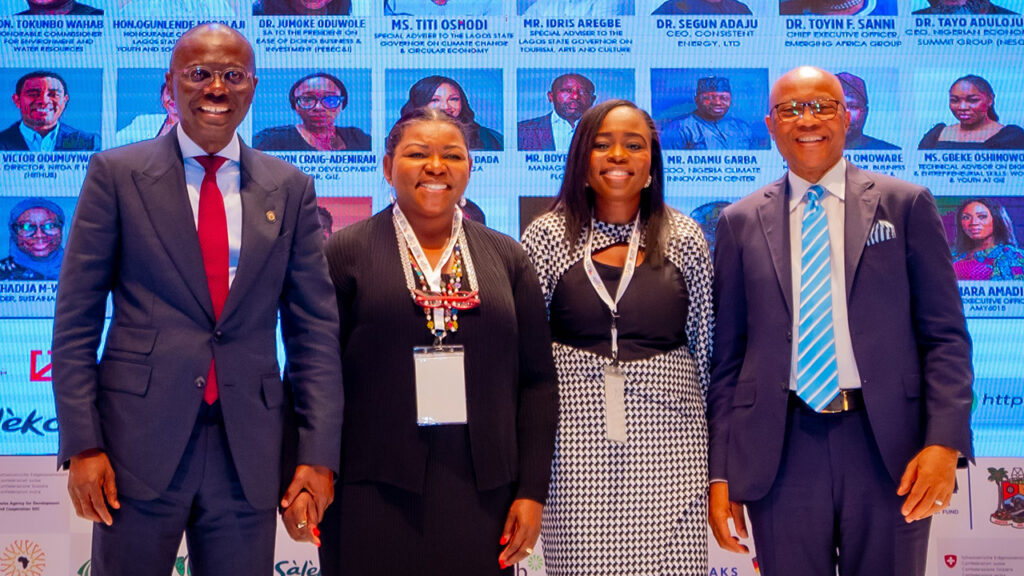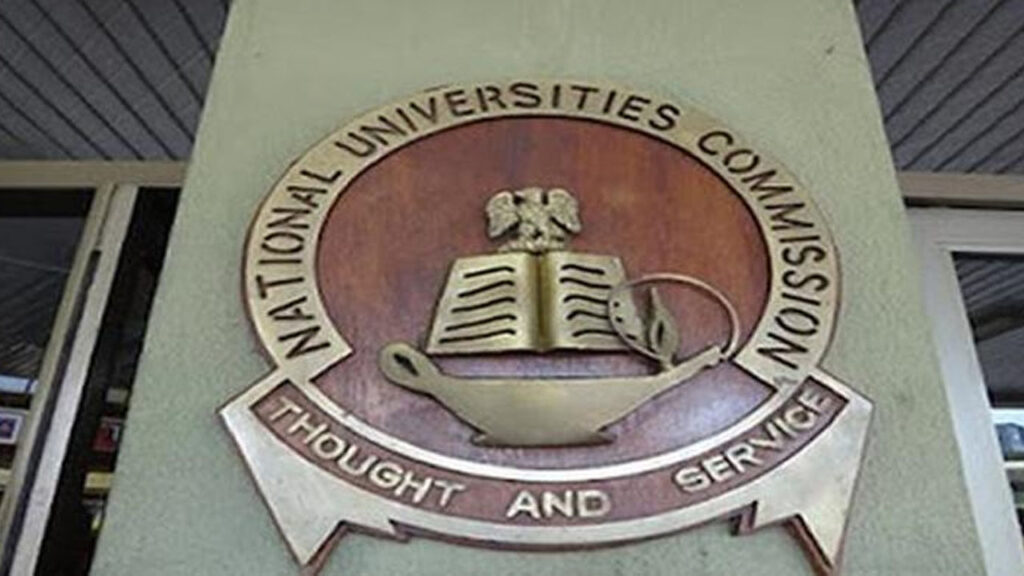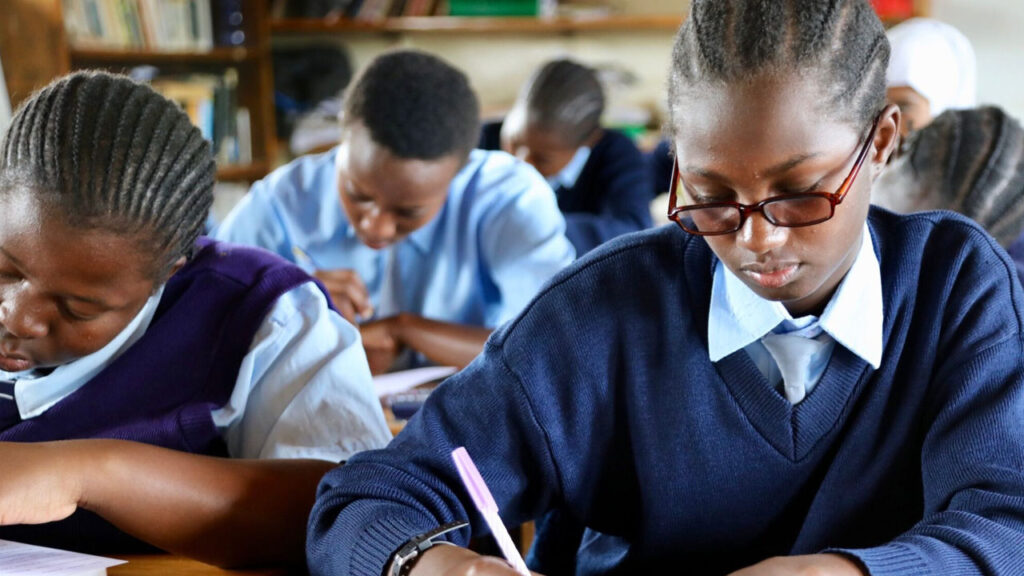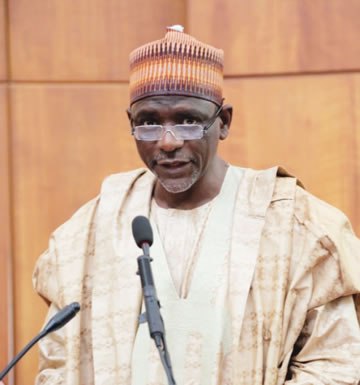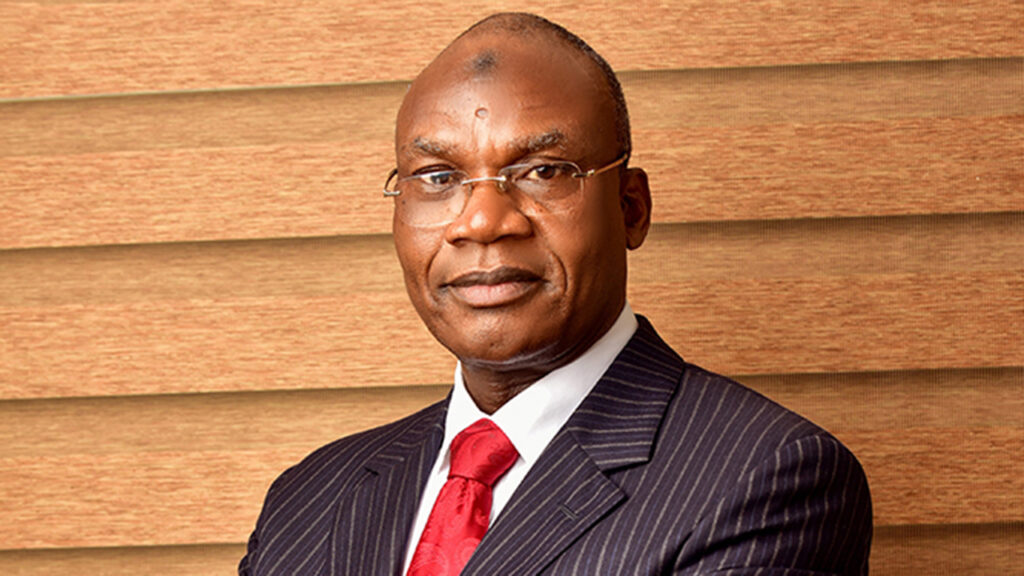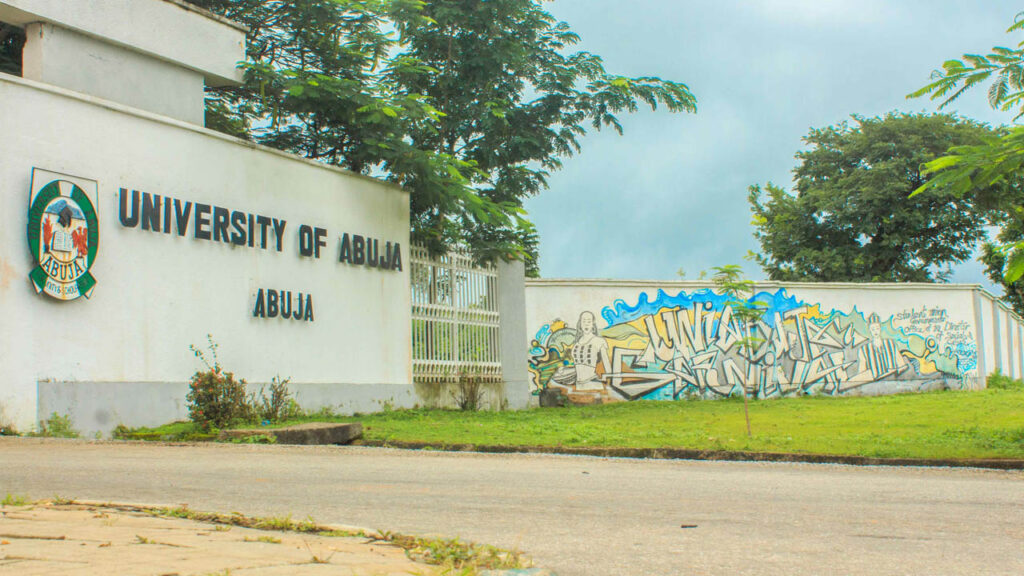 Deputy Vice Chancellor, University of Port Harcourt, Rivers State, Prof Bene Willie Abbey, says disreputable activities and unethical behaviours of some university administrators, staff and students were responsible for the disappearance of best practices from university communities in the country.
Deputy Vice Chancellor, University of Port Harcourt, Rivers State, Prof Bene Willie Abbey, says disreputable activities and unethical behaviours of some university administrators, staff and students were responsible for the disappearance of best practices from university communities in the country.
These unsavoury conducts, she stressed, negate the culture of learning, and militates against achieving the purpose of setting up higher institutions.
Delivering a paper entitled “University Culture: Meaning, Scope and Imperatives,” at the Micheal Okpara University of Agriculture (MOUA), Umudike, Abia State, Abbey maintained that unethical practices in universities affects the acquisition of knowledge to a large extent, urging all parties to embrace good practices and change the story of university education in Nigeria.
She listed cultism, over stretching sense of fashion, non-completion of course outlines, plagiarism and sundry nefarious activities constitute unethical conducts.
According to her, “Nigerian universities are confronted with massive increase in students’ enrollment with no corresponding increase in both human and material resources; lack of commitment to acquire quality education by students; inadequate commitment to duty by lecturers; incessant industrial actions; inadequate staff welfare, policies and incentives promote unethical behaviors in our universities.”
Setting of difficult examination questions to create avenues for students to come ‘sorting’; admission syndication in order to collect money from admission seekers; examination malpractices, she added, have joined forces to erode the age-long academic tradition and culture in the nation’s universities thus becoming sources of serious concern for these universities’ managements.
While noting that the environment has tremendous influence on students’ behaviours, including poor transportation system, lack of water, accommodation and electricity in the host communities, she hinted that the way forward “was to advocate a strong commitment on the part of university administrators, staff and students, to uphold core institutional values for a sustainable university culture.”
Another lecturer from University of Ibadan, Prof Labode Popoola, in his presentation titled, “The Role of Mentoring in the Sustenance of Academic Culture,” informed that mentoring holds the key to the sustenance of sound academic culture.
Dr. Emmanuel Onyekweodiri, of MOUA while speaking on “Building Integrity in Teaching, Examinations and Research, ”called for the setting up of a committee that would deal with “academic dishonesty and other unethical behaviors like selling of handouts, sorting, plagiarism, sexual harassment, examination malpractices, among others.”
Vice Chancellor, MOUA, Prof Hilary Odo Edeoga, remarked that the public lecture was another avenue of bringing into focus, issues in university administration, teaching, research and learning, urging the university community to abide by the teachings of the lecturers.


